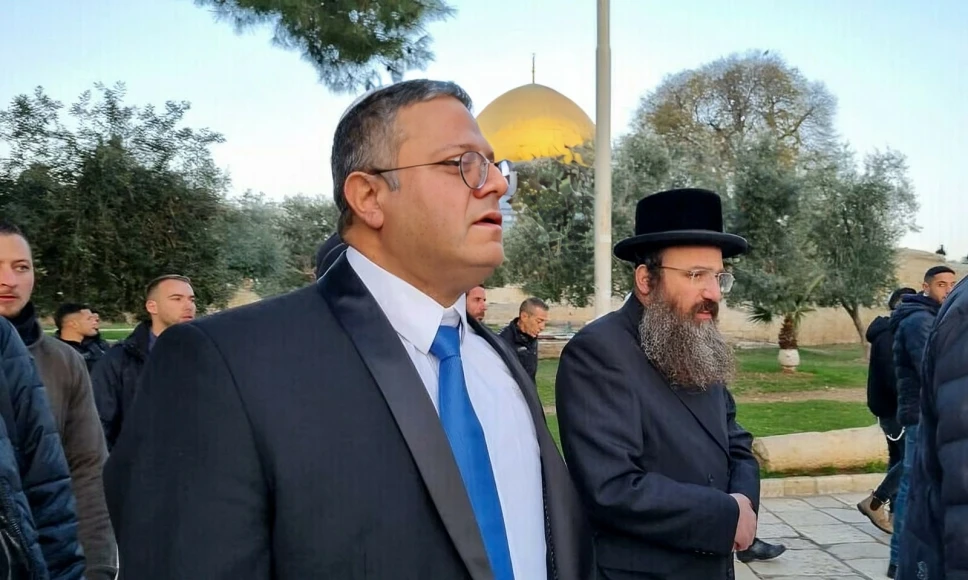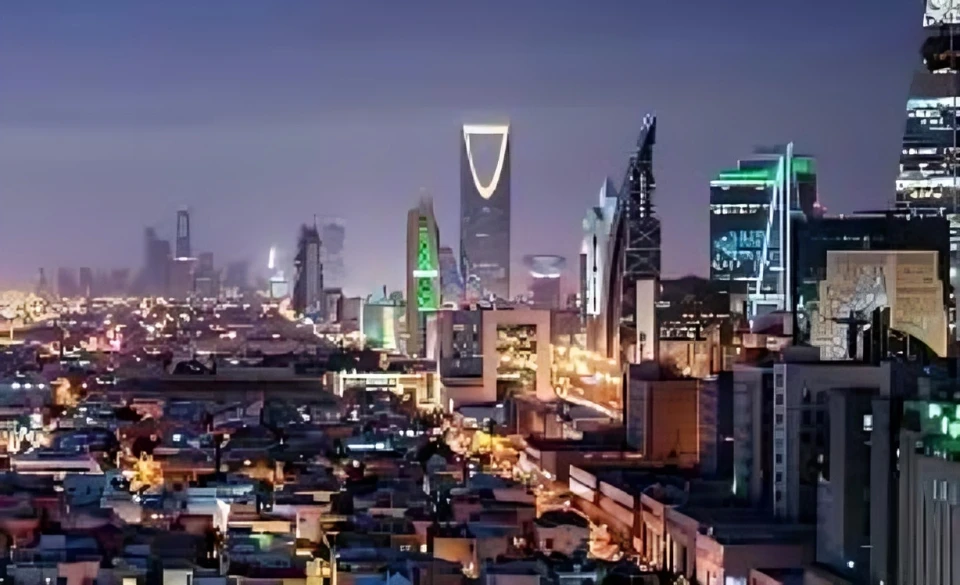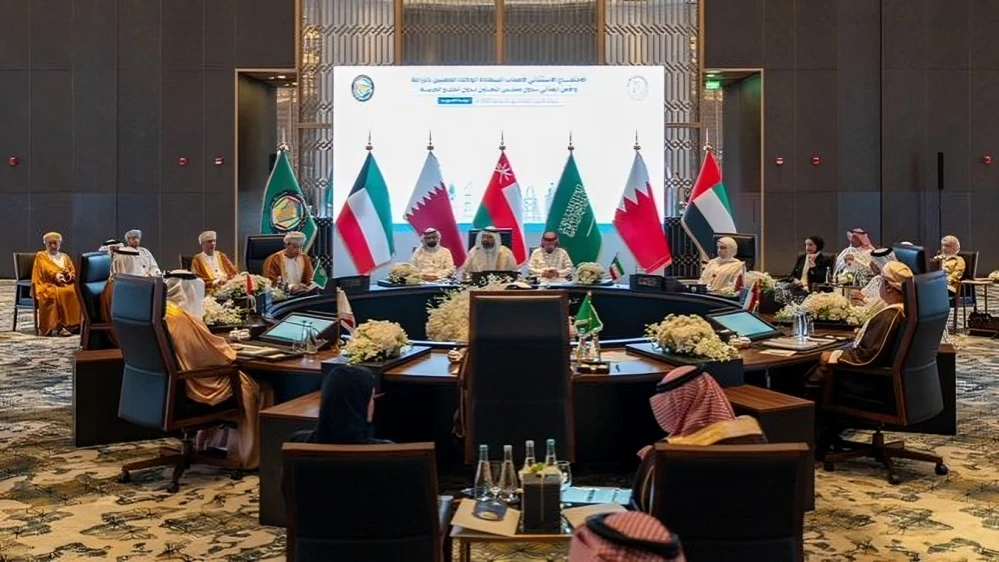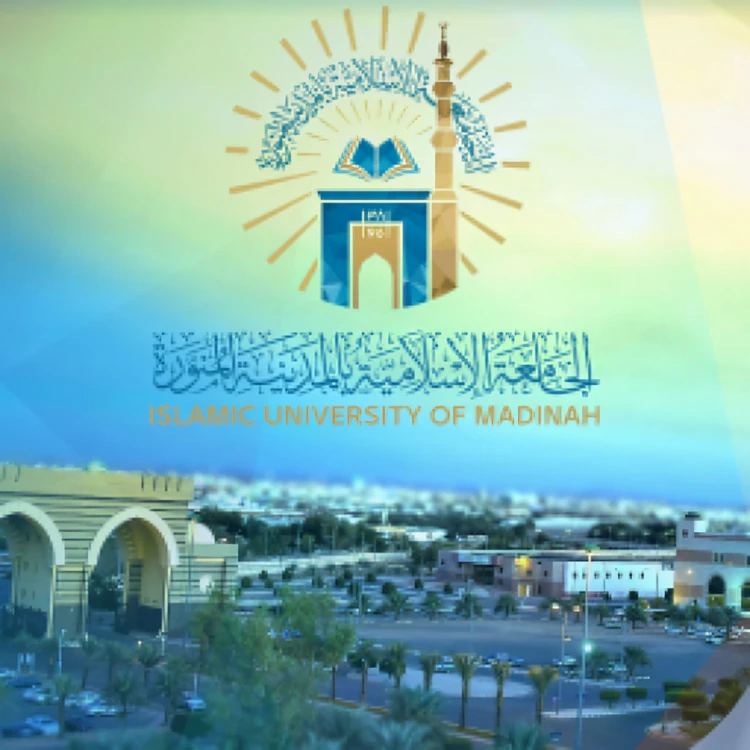RIYADH: Saudi Arabia strongly condemned the storming of Al-Aqsa Mosque in occupied Jerusalem by Israel’s far-right National Security Minister Itamar Ben-Gvir on Wednesday.
In a statement, the Saudi Ministry of Foreign Affairs denounced the visit, which took place under the protection of Israeli security forces, calling it a violation of the sanctity of the holy site, according to the report.
The ministry also condemned Israeli attacks on a United Nations Relief and Works Agency (UNRWA) clinic in Jabaliya camp, northern Gaza, and criticized assaults on UN and relief organizations and their staff.
“The Kingdom condemns these ongoing Israeli violations of international law and international humanitarian law and reaffirms its categorical rejection of any actions that undermine the historical and legal status of Jerusalem and its holy sites,” the statement said.
The ministry further stressed that Israeli actions obstruct peace efforts and threaten global security. It called for international accountability for violations and emphasized the need to protect humanitarian organizations operating in the region.
Ben-Gvir’s visit to the Al-Aqsa compound drew strong criticism from Jordan and the Palestinian militant group Hamas.
The Jordanian Foreign Ministry described the visit as a "storming" and an "unacceptable provocation." Hamas called it a "provocative and dangerous escalation," urging Palestinians to intensify their resistance in defense of the site.
Ben-Gvir, the leader of the ultranationalist Otzma Yehudit party, had rejoined the Israeli government last month following the resumption of hostilities in Gaza. His visit to the Al-Aqsa compound, a frequent flashpoint for tensions, follows multiple previous visits that have triggered international backlash.
Al-Aqsa Mosque is the third-holiest site in Islam and a key symbol of Palestinian national identity. The compound is also revered in Judaism as the Temple Mount, the holiest site in the religion.
Under the status quo established since Israel's occupation of East Jerusalem in 1967, non-Muslims, including Jews, are allowed to visit the site at specific hours but are not permitted to pray or display religious symbols.
Despite Israeli assurances that the status quo will be upheld, rising numbers of Jewish ultranationalists have defied restrictions, with Ben-Gvir himself publicly praying at the site in recent years.
His latest visit comes after a 13-day period during which access to non-Muslims was restricted for the Muslim festival of Eid Al-Fitr. Palestinian officials warn that such visits risk further escalating tensions in the region.
[Reportted by Arab News]








